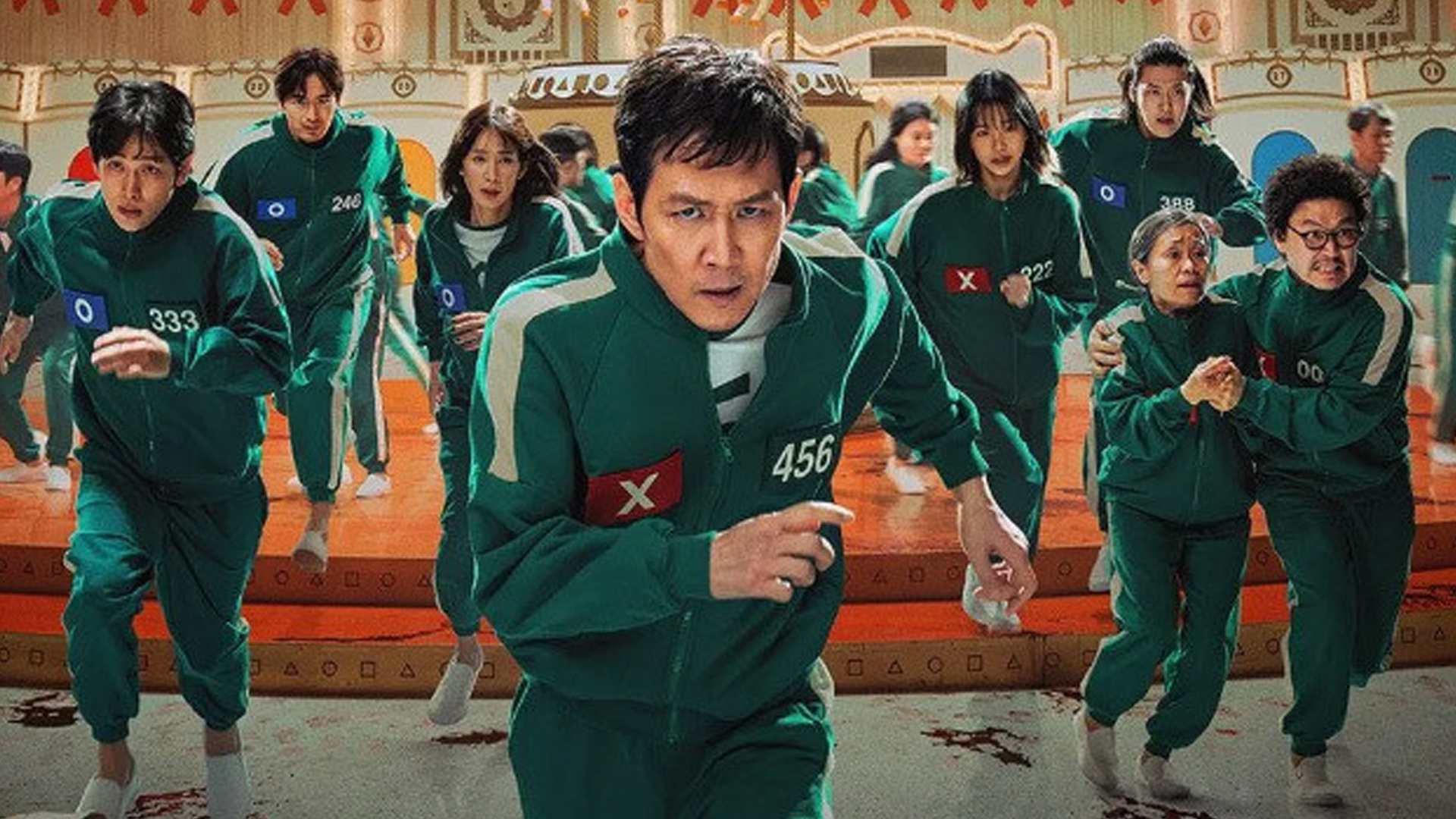Squid Game Season 3 Ending Explained: The Hidden Message Behind the Final Game
Explore the shocking conclusion of Squid Game Season 3 (released June 27, 2025). From Gi-hun's self-sacrifice to the newborn's symbolic survival, we break down what the finale means for the characters—and global TV storytelling.
⚠️ This article contains full spoilers for Squid Game Season 3. We strongly recommend watching the season before reading further.

The Final Game: What Really Happened
Squid Game Season 3 culminates in a chilling twist—"Sky Squid Game," where the final players include Gi-hun (456), a newborn baby (Player 222), and the baby’s estranged father Myung-gi (333). When Myung-gi attempts to win by sacrificing his child, Gi-hun intervenes and chooses to sacrifice himself instead. The newborn survives.
In the epilogue, Front Man In-ho helps the infant escape, later delivering Gi-hun's belongings—including a savings ledger and tracksuit—to his daughter. It's a moment that blends grim social commentary with an unexpected note of hope.

Symbolism and Social Commentary
Gi-hun’s final words—"We are not horses; we are human beings"—underscore the franchise’s enduring theme: the dehumanization of the marginalized. By making a newborn a contestant, the show critiques a system that commodifies even the most vulnerable.
The evolution of the VIPs, now represented as tech mogul archetypes (including a character resembling Elon Musk), reflects shifting global power structures. Power is no longer hidden—it’s theatrical.

Global Reactions and Fan Theories
Fans have flooded Reddit and TikTok with interpretations of the finale. Theories abound: Is the baby a literal symbol of a new social order?
The surprise cameo by Cate Blanchett as a Western VIP has sparked speculation of an international spin-off. Netflix has neither confirmed nor denied the rumors, but the door seems wide open.

What It Means for Global Storytelling
Squid Game has become more than a Korean phenomenon—it's a case study in how culturally specific narratives can resonate universally. Season 3 pushes this further by intertwining morality, spectacle, and trauma recovery into a genre-bending finale.
As K-dramas gain traction globally, Squid Game remains a benchmark for how ethical dilemmas and character psychology can elevate genre storytelling.

Dr. Beau's Note
Season 3 dares to expand the Squid Game universe beyond violence—into sacrifice, redemption, and ethical defiance. Gi-hun’s final act is not just heroic; it redefines what victory looks like in a world where winning often means losing your soul. This is Korea’s soft power at its most emotionally potent.











